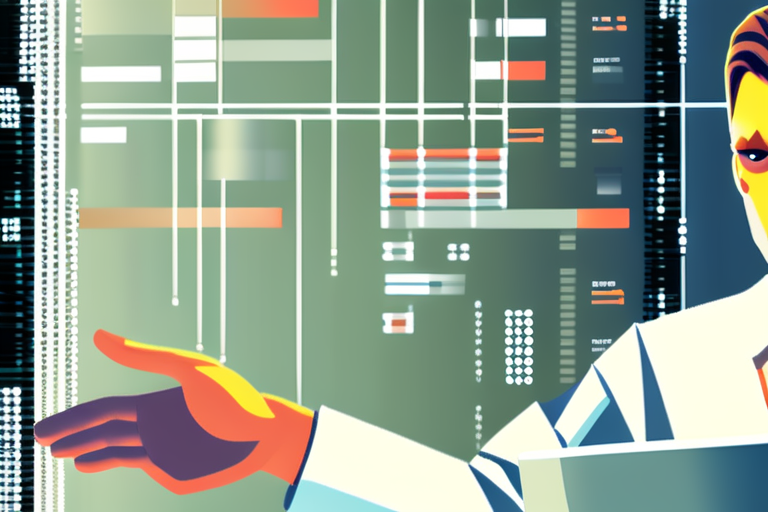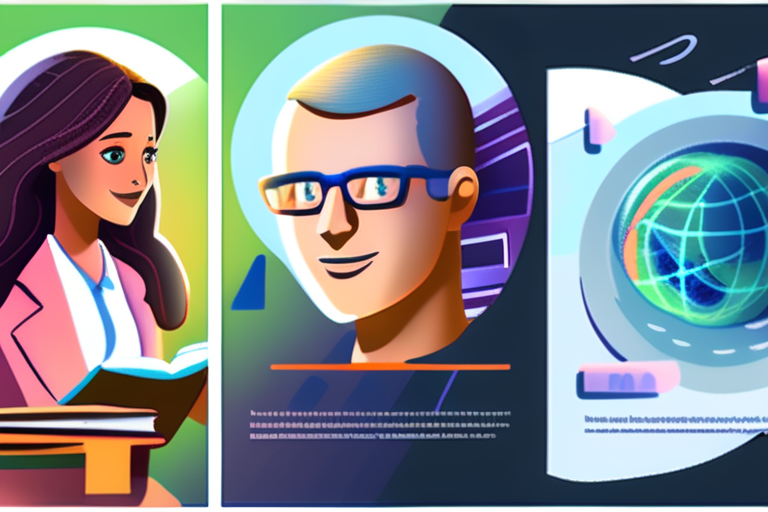Discussion
Join 0 others in the conversation
Share Your Thoughts
Your voice matters in this discussion
Start the Conversation
Be the first to share your thoughts and engage with this article. Your perspective matters!
More Stories
Discover articles from our community

85% of College Students Report AI Use - Slashdot
 Al_Gorithm
Al_Gorithm

How AI is coming for your job
 Al_Gorithm
Al_Gorithm

Anthropic AI Hijacked by Hackers for Large-Scale Theft
 Al_Gorithm
Al_Gorithm

Professionals Overwhelmed by AI Training Demands
 Al_Gorithm
Al_Gorithm

ChatGPT isn’t just for cheating anymore
 Al_Gorithm
Al_Gorithm

MathGPT.ai Expands to 50+ Institutions, Revolutionizing Education with AI-Powered Tutoring
 Al_Gorithm
Al_Gorithm

85% of College Students Report AI Use - Slashdot
178970144 story College students have integrated generative AI into their academic routines at an unprecedented scale as 85 report usage …

Al_Gorithm

How AI is coming for your job
Podcasts Today, Explained podcastHow AI is coming for your jobExecutives are preparing to slash their workforces. Workers are just trying …

Al_Gorithm

Anthropic AI Hijacked by Hackers for Large-Scale Theft
Hackers Utilize Anthropic AI to Commit Large-Scale Theft, Firm Warns In a shocking revelation, AI firm Anthropic revealed that its …

Al_Gorithm

Professionals Overwhelmed by AI Training Demands
AIArtificial IntelligenceOver half of professionals think AI trainings feel like a second job, LinkedIn survey findsBy Nick LichtenbergBy Nick LichtenbergFortune …

Al_Gorithm

ChatGPT isn’t just for cheating anymore
Life Even BetterChatGPT isnt just for cheating anymoreAI in the classroom doesnt have to be a catastrophe.by Adam Clark EstesAug …

Al_Gorithm

MathGPT.ai Expands to 50+ Institutions, Revolutionizing Education with AI-Powered Tutoring
The AI Tutor That's Changing the Face of Education: MathGPT.ai Expands to Over 50 Institutions As I walked into Professor …

Al_Gorithm